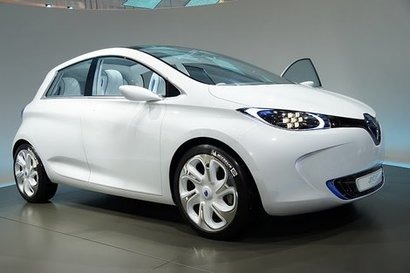
A new report published by Carbon Tracker Initiative and Imperial College London warns that big energy companies are “seriously underestimating” low-carbon advances, saying the falling cost of electric vehicles and solar technology could halt growth in global demand for oil and coal by 2020, and lead to 2 million barrels of oil per day being displaced by 2025.
The report estimates that EVs will make up a third of the road transport market by 2035, more than half the market by 2040 and more than two thirds of market share by 2050.
“This report confirms what we have long known – that the growth of the electric vehicle market will be a gamechanger for the energy sector” said Tim Payne, CEO of InstaVolt, which specialises in rapid charging infrastructure for EVs. “Industry expectations for the impact of low-carbon technologies continue to fall short, but this report is yet more evidence that it’s time energy companies sat up and took notice. We are seeing momentum for EVs really pick up, particularly among councils who are keen to understand and introduce the infrastructure that will support its use.”
According to government statistics, one of the biggest barriers that deters people from buying electric vehicles is the fear of not being able to recharge. InstaVolt aims to change this and is on track to introducing rapid charging points in more than 3,000 UK locations by 2020.
The company is working with local authorities, businesses and land owners across the UK to install the rapid charging points, which deliver a financial return for those who house them. InstaVolt says it is able to install its charging points almost anywhere, including at the roadside and in supermarket car parks, providing a full service, from design and installation to maintenance and monitoring.
InstaVolt’s ‘open charger’ model allows anyone to use its charging points on a pay-as-you-go basis. The 50kW rapid charging units can provide an 80 percent charge in just 30 minutes and are listed on popular website, zap-map.com, so they are easy to locate.
Image: Renault Zoe electric car
For additional information:

